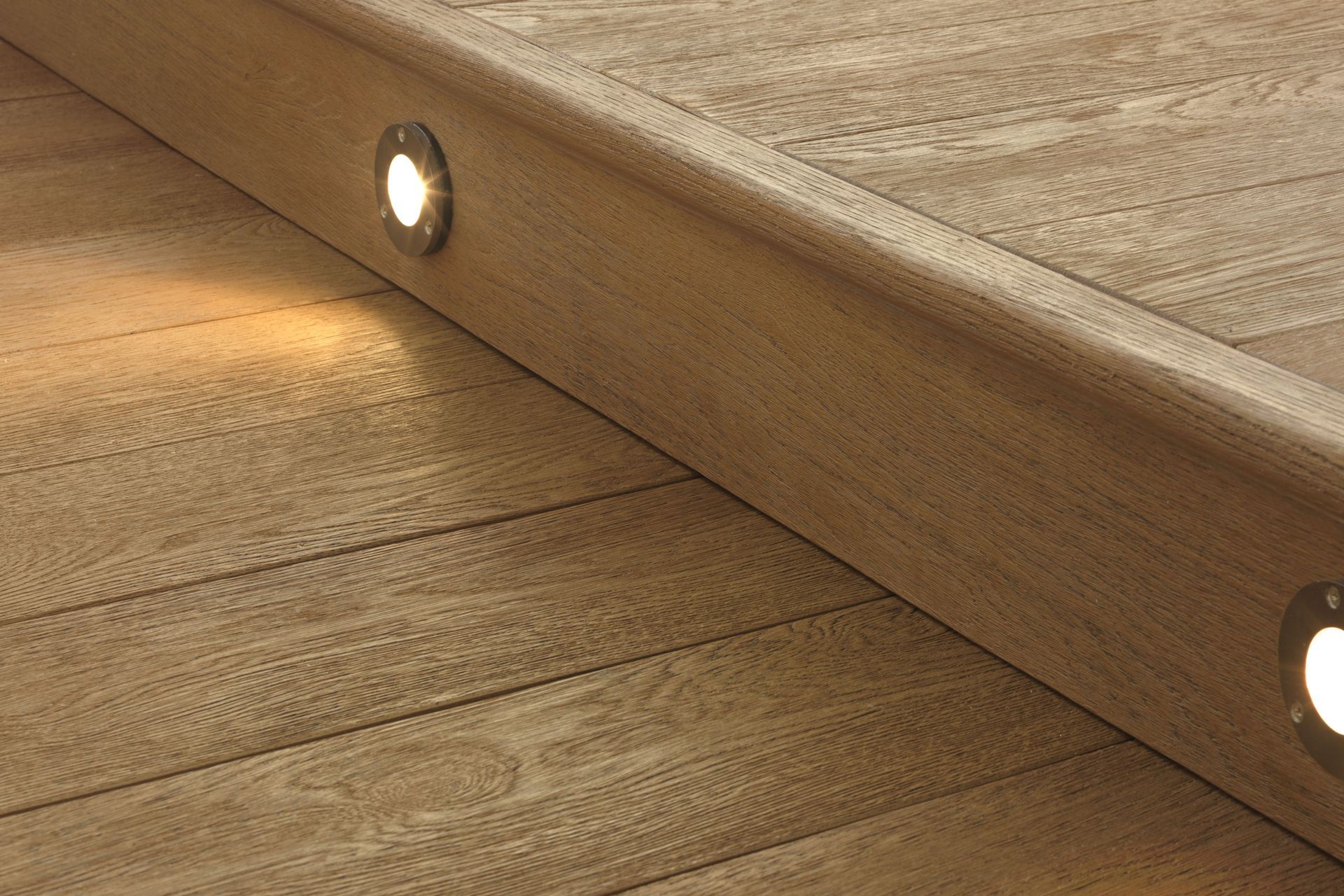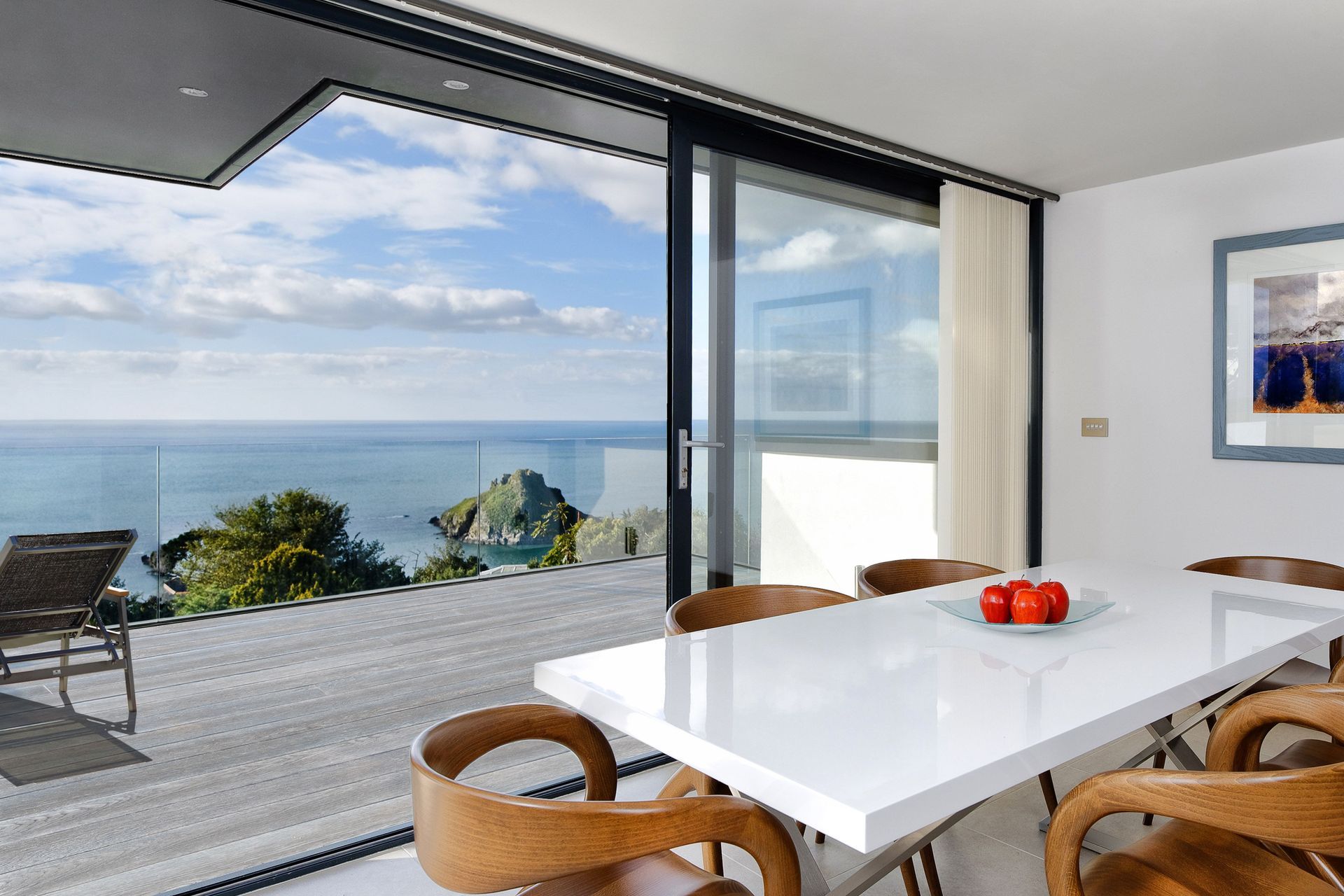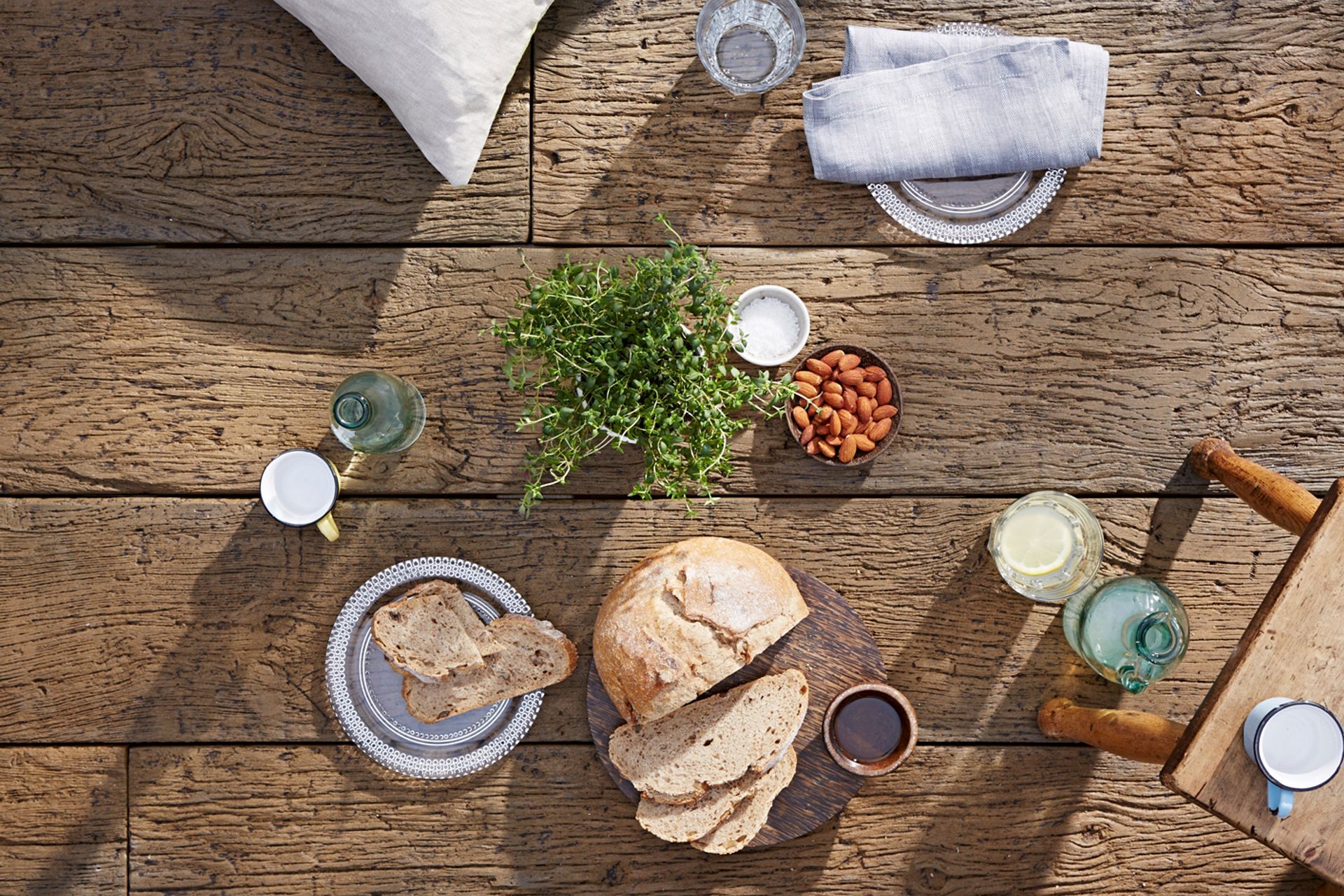A smaller carbon footprint than your latte
Written by
22 April 2018
•
3 min read

As a country we are now used to the idea of composite decking. It has its benefits. We’re also still keen on real timber decking, but either way, both products have their own benefits and downfalls.
As technology has improved, an English company has developed a truly striking product, made only from natural minerals and bound together with a polymer resin, that harnesses the benefits of both natural timber and composite decking, and does away with the downfalls of both.
It’s a revolutionising product that is set to change the market, if we are to judge by its incredible uptake overseas. Known as Millboard, it is available exclusively in New Zealand through Forté Flooring, and is due to be officially launched in May of this year.
“It is a composite decking product, but it is completely wood and plastic free,” Forté’s Gratton McCallum says. “It’s made with natural minerals bonded together with a polymer resin and reinforced with long fibres.”
The fact that it is free of wood is a significant upside to the product, because all other composite decking products available in New Zealand are made with some form of timber, leaving them susceptible to the elements in some because, simply, timber is a natural product.
“The other issue with many composite products is that each board is exactly the same,” Gratton says. “That’s because they are all moulded with the same man-made mould so the ‘grains’ are identical and when it is laid it is immediately evident that the boards are composite.”
In comparison, Millboard decking boards are each hand moulded from a real timber board, so each is different, allowing the natural aesthetic of irregular grains and knots to be highlighted, while taking away the need for maintenance that natural timber boards require.
Millboard decking is finished with a rubberised layer – into which the irregular grains and knots are moulded – made with a product called lastane. “This rubberised finish is extremely slip resistant, which means the decking can be used around pools, on walkways, and even as cladding,” Gratton says.
It also means the boards are non-porous, which has another significant benefit: it takes away the need to any normal maintenance. “And because of its makeup, the rubberised surface layer can handle chlorine, salt water and various other elements, as well as being scratch resistant and very hardy.
“It also means that mould, algae and residue build up can’t penetrate the surface allowing the decking a much longer lifetime than comparable composite products.”
Forté will launch two exclusive ranges of Millboard decking in May, the Enhanced Grain range, which is similar to the texture and aesthetic or traditional timber decking, and the Weathered Oak collection, which is moulded from railway sleepers to achieve a very textured, rustic look.
If you’re thinking about a new deck, or you’re about to build, make sure you visit Forté, who specialise in timber flooring for internal and external solutions, on ArchiPro here to explore the possibilities of this brand new product.


